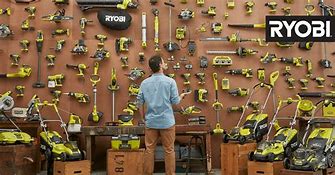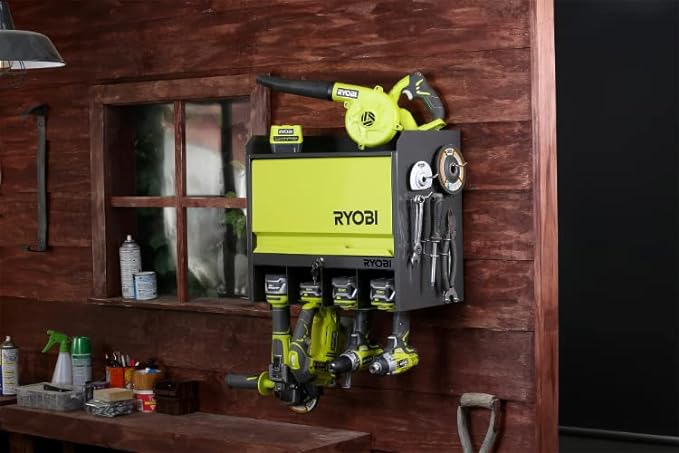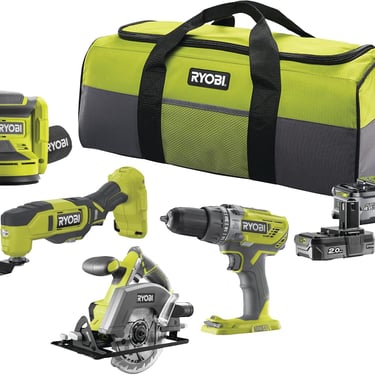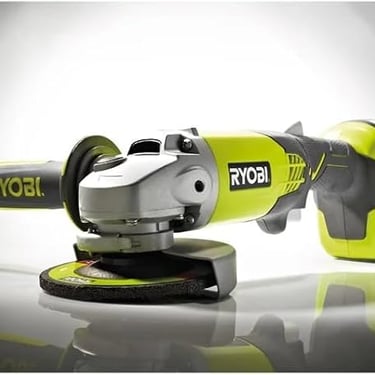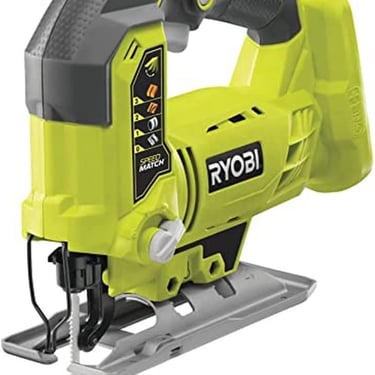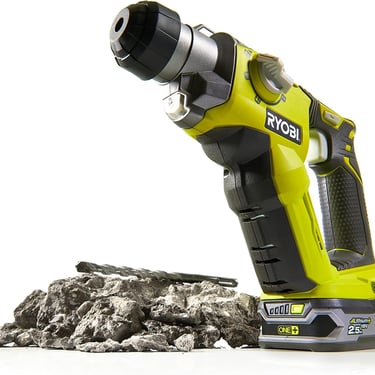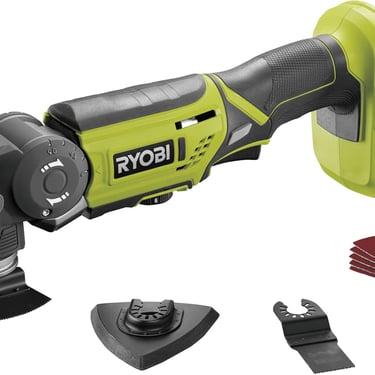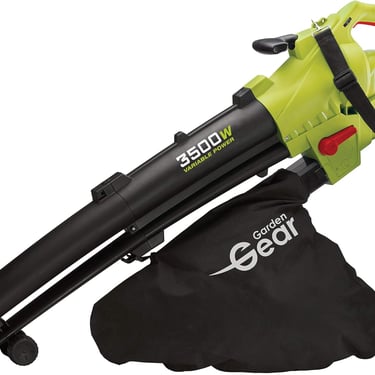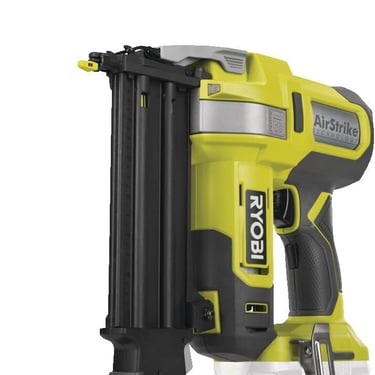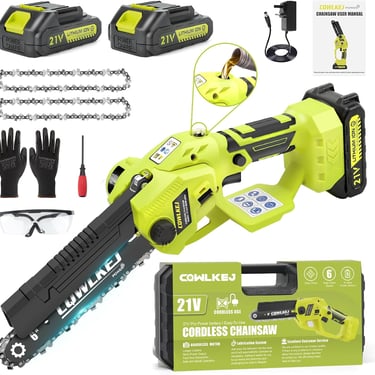Ryobi Power Tools: A Balanced Perspective
In the world of DIY and home improvement, Ryobi stands out as a popular choice among enthusiasts and professionals alike. Known for their affordability and accessibility, Ryobi power tools have become a staple in many workshops and garages across the globe. However, like any brand, Ryobi comes with its set of strengths and weaknesses. In this blog post, we’ll take an in-depth look at the good and bad points of Ryobi power tools, helping you make an informed decision for your next purchase.
The Good
1. Affordability One of the most significant advantages of Ryobi power tools is their affordability. Priced competitively, they offer a great entry point for DIY beginners and those who do not want to invest heavily in more premium brands. This makes Ryobi an attractive option for casual users and homeowners who need reliable tools for occasional repairs and projects.
2. Wide Range of Products Ryobi offers an extensive range of power tools that covers almost every possible need in a typical workshop. From drills and impact drivers to saws and garden tools, the variety is impressive. This wide array makes it easy for users to stick with a single brand for most of their tool needs, which is convenient and often more cost-effective.
3. Innovation and Features Despite their lower price point, Ryobi tools do not shy away from incorporating new technologies. For instance, their ONE+ battery system allows users to use the same battery across over 100 different tools. This kind of cross-compatibility is not only innovative but also highly practical, reducing the overall cost and storage space required for additional batteries.
4. Accessibility Ryobi tools are widely available and can be found at major retailers like Home Depot, making them easy to purchase. Additionally, their products are well-supported with a good selection of accessories and replacement parts, which are also affordably priced and widely available.
The Bad
1. Durability Issues While Ryobi tools are generally reliable, they are not on par with higher-end brands in terms of durability and construction. The use of lighter, less expensive materials can lead to quicker wear and tear. For heavy-duty or professional daily use, Ryobi tools might not withstand the rigorous demands, leading some users to opt for more robust, albeit more expensive, alternatives.
2. Performance Limitations Although sufficient for most home projects, some Ryobi tools may lack the power and efficiency required for more demanding tasks. Professionals or those used to more intensive work might find these tools lagging in performance, particularly in prolonged or particularly heavy applications.
3. Battery Life and Power Despite the versatility of the ONE+ battery system, some users report issues with battery life and power output, especially in older models or more power-intensive tools. While this is often sufficient for light to moderate use, the performance might not satisfy everyone, especially during longer or more labour-intensive tasks.
4. Market Perception Due to their focus on affordability and consumer-level marketing, Ryobi is sometimes perceived as less professional compared to brands like DeWalt or Milwaukee. This perception can influence the decisions of professionals or serious enthusiasts who might prioritize brand prestige or assume a correlation between price and quality.
Conclusion
Ryobi power tools offer a solid choice for anyone starting in DIY or those who need reliable tools for occasional use without breaking the bank. Their wide range, innovative features like the ONE+ battery system, and general user-friendliness are significant positives. However, if you’re a professional or someone who demands a lot from their tools, the durability and performance might not meet your needs.
Ultimately, choosing Ryobi depends on your specific requirements and expectations. For many, the benefits of cost savings and convenience will outweigh the downsides, making Ryobi a worthwhile addition to their tool collection. Whether you're a casual user or a seasoned pro, understanding these pros and cons will help you make a more informed decision that aligns with your needs' here...

